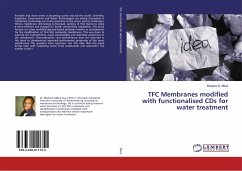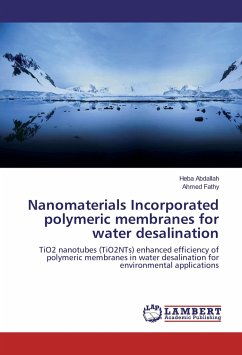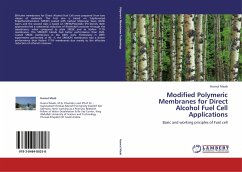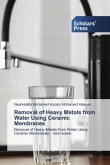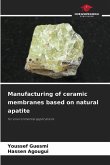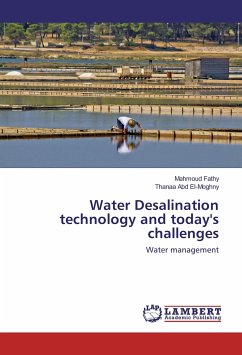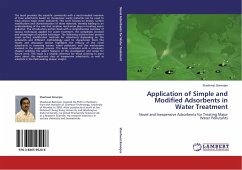Portable and clean water is becoming scarce around the world. Scientists, Engineers, Governments and Water Technologists are asking themselves if membrane technology can bring solutions to the water scarcity challenges. Herein, membrane technology is discussed, seeking to find means to make it more efficient and cheaper for better desalination capabilities. This book focuses on using modified glucose-based polymers known as cyclodextrins for the modification of thin film composite membranes. This was done to improve the hydrophilicity, water permeability and selectivity properties of the membranes. Characterisation and performance tests are reported in this book to demonstrate improved performance properties of the novel membranes. The question then becomes, can this idea that this book brings help with reclaiming water from wastewater and seawater? The answer is yes!!!
Bitte wählen Sie Ihr Anliegen aus.
Rechnungen
Retourenschein anfordern
Bestellstatus
Storno

